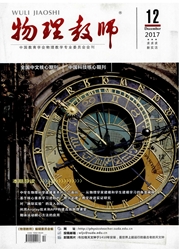

 中文摘要:
中文摘要:
《系辞》的“三才”之道把人与天地看做统一的结构整体,人效法天地发展自我,也顺应着自然世界的演化循环。“生生之德”是人安身立命的自我之德,也包含着人尊重自然生命而参赞化育、与天地合德之意义。这种天人观念显现出一种现代伦理意识,即把伦理道德的范围扩大到人之外的整个自然世界。从利奥波德的土地伦理来看,生态美学与生态伦理的结合,更有利于改变人们以往错误的文化观念,促进生态共同体的健康发展。
 英文摘要:
英文摘要:
A union of heaven, earth and man is emphasized in the book of Xici. Man develops themselves by imitating the universe and complies with the evolutionary cycle of the natural world. The virtue of "living" means the self morality by which one settles down and gets on with one's pursuit, and also the virtues of heaven and man out of respecting the nature. This thought about heaven and man implies a kind of modern ethical consciousness, expanding the ethics to the natural world beyond man. On the basis of Leopold's land ethics we can say that the combination of ecological aesthetics and ecological ethics can help people correct their past wrong ideas and promote the development of the eco-community.
 同期刊论文项目
同期刊论文项目
 同项目期刊论文
同项目期刊论文
 期刊信息
期刊信息
